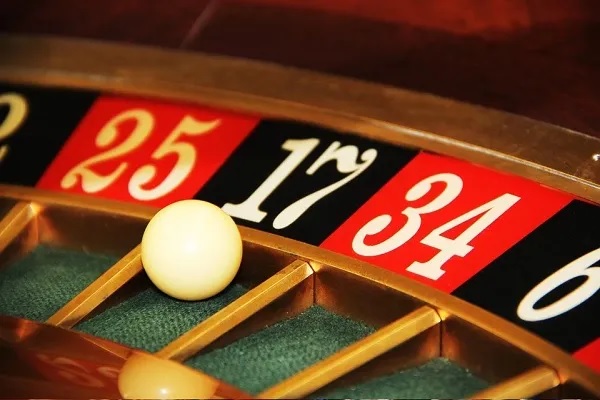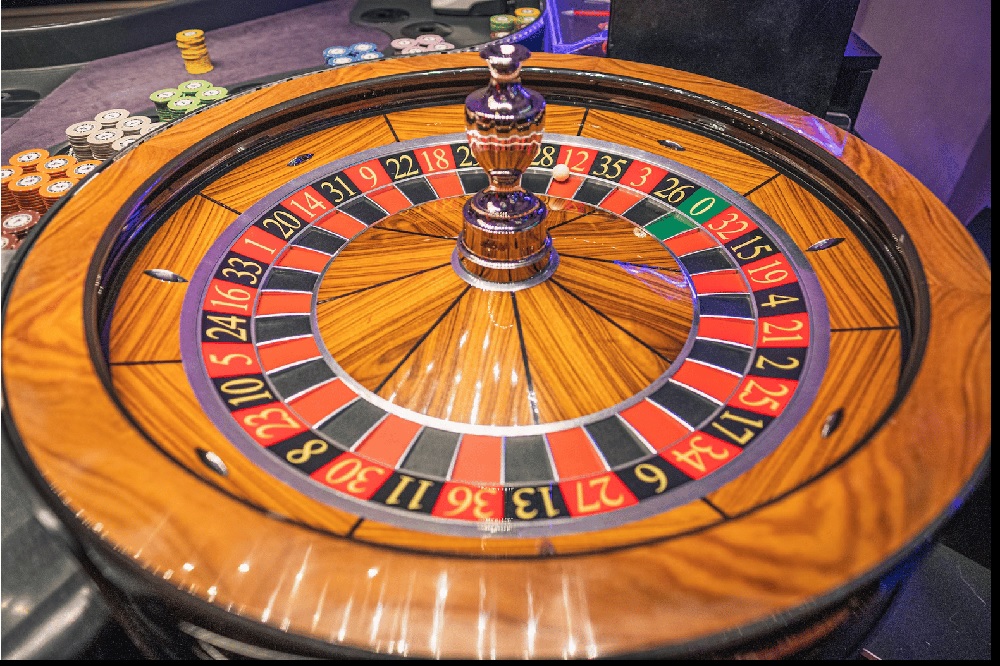When it comes to casino games, few are as iconic as roulette. This classic game of chance has been entertaining players for centuries, with a rich and fascinating history that has seen it evolve and adapt over time. In this article, we’ll explore the origins of roulette and how it has changed over the years to become the game we know and love today.
The Origins of Roulette

The origins of roulette can be traced back to 17th century France, where it was first played in the royal court of King Louis XIV. The game was initially called “Roly Poly” and consisted of a spinning wheel with numbered pockets and a small ball that was dropped onto the wheel. Players would bet on which pocket the ball would land in, with the odds and payouts varying depending on the number and color of the pocket.
Over time, the game became more popular among the French aristocracy and eventually spread to other parts of Europe. In the 19th century, the game was introduced to the United States, where it quickly became a staple of casinos and gambling halls.
The Evolution of Roulette
As roulette grew in popularity, so too did the variations of the game. In the early days, there were only two types of roulette: European and American. European roulette had 36 numbered pockets and a single zero, while American roulette added an extra pocket with a double zero, increasing the house edge and making it more profitable for casinos.
Today, there are dozens of different variations of roulette, each with its own unique rules and features. Some of the most popular versions include French roulette, which has a different table layout and additional rules that give players better odds, and mini roulette, which features a smaller wheel and fewer pockets.
The Future of Roulette
As technology continues to evolve, so too does the world of casino gaming. Online casinos have become increasingly popular in recent years, offering players the ability to enjoy their favorite games from the comfort of their own homes. This has led to the development of new and innovative versions of roulette, including live dealer games that allow players to interact with a real dealer via video stream.
Looking to the future, it’s likely that we’ll see even more new and exciting variations of roulette, as well as advancements in technology that make the game even more immersive and interactive.
- Roulette has a rich and fascinating history that spans centuries.
- From its origins in 17th century France to the modern variations we see today, roulette has evolved and adapted over time to become one of the most iconic casino games in the world.
- With the rise of online gaming and new technologies, it’s clear that roulette will continue to evolve and innovate in the years to come, providing players with endless hours of entertainment and excitement.

